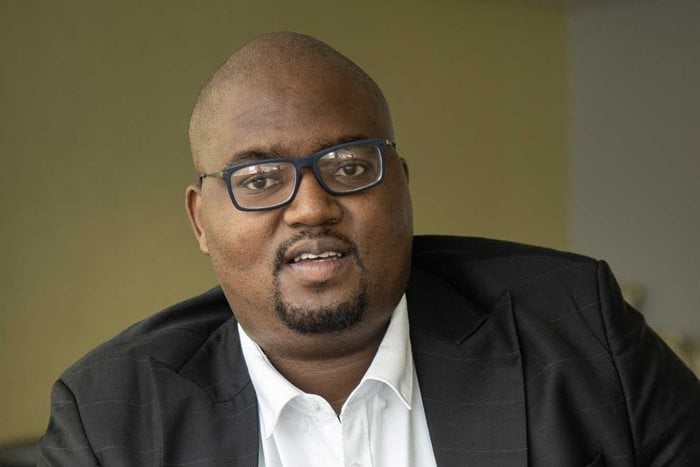
Top stories






More news

Marketing & Media
Ads are coming to AI. Does that really have to be such a bad thing?















During his tenure as the CIDB’s chief operating officer, Dladla oversaw the operational implementation plan for the core industry developmental initiative, Build.
At 32 years old, Dladla has been recognised for his energy and dynamic leadership. This Youth Month, he shared with us more about his role at the CIDB, how he cut his teeth in the construction sector, and how we can address some of the challenges young people face in the industry.
Bongani Dladla: The role is relatively simple to define as the accounting officer of the CIDB. It is to lead the day-to-day running of the institution, development, and execution of strategy, people, and stakeholder management.
The role becomes very complex when one thinks of the mandate of the institution. How do we ensure genuine representation of youth, women, people with disabilities, and Black people in general in government and the private sector? How do we regulate whilst still developing the industry and how do we turn the industry into an effective and efficient one to aid in the country’s socioeconomic development and recovery.
Dladla: Teachers are great influences in our lives. In high school I did wood working as one of the technical subjects. In this subject we learnt about the built environment. I recall in one class we were learning about lateral supports in old buildings and to me it made total sense. I could visualise what was happening with force distribution.
The idea to work on things I could see and feel, solving problems for many at the same time was appealing for me. Like many of us growing up pre-1994 and immediately in our transition, it was also appealing to solve some of the service delivery issues we were faced with - no potable water in the yard or decent roads were a permanent feature of our growing up.
When I started physically building infrastructure, it started immediately after undergraduate when I became a water engineer. We built everything from replacement of burst pipes to greenfield treatment plants.
Engineering and construction offered me a vocation that fulfilled my desire to solve socioeconomic problems.
 How did you break into the industry?
How did you break into the industry?Dladla: During my undergraduate career at the University of KZN, I was required to undertake 13 weeks of vacation work. In my second or third year of study, I was placed on the Howick Wastewater Treatment Plant for the construction of a chlorine contact tank. I worked under the works inspector and was responsible for keeping the site diary and checking of reinforcement.
I spent the next years working on the planning, design, and construction of water infrastructure.
Dladla: SA’s construction industry has a huge potential to solve many of our complex socioeconomic challenges. We build roads not just for the sake of building roads but to enable economic development, employment of the masses of our people, and a better life for many.
Dladla: Probably the formation of a youth forum to deal with skills development in the water utilities and the completion of the design and construction of the Rosetta Water Treatment Plant. This was an innovative treatment technology that can treat more water with a lower footprint and energy demand. What was also exciting about this project is that it was mainly young engineers that were responsible for the entire design. I was very proud to have led this project early on in my career.
Dladla: There is a significant challenge of skills mismatch, especially those from FET institutions. You find many graduates who are not getting opportunities to get experience and those without the formal training have the work experience.
The Build programme skills development component should aid in closing the gap.The skills standard gazetted by Minister de Lille requires that all construction projects of Grades 7, 8 and 9 should be used as sites for skills and enterprise development.
Dladla: We as the youth today will inherit massive responsibilities much earlier on in our career than our parents and their parents. We must prepare using unconventional means to gain the experience and confidence required to meaningfully contribute in these roles.
Unconventional means raising your hand for assignments that will require you to work twice as hard as others to get it done, volunteer your services for free in professional and voluntary associations to gain first-hand experience in industry issues, and there is really no substitute for hard work.
Dladla: Have a social compact for the country. Fill all service delivery-focused roles in government. Create a digital map for all infrastructure needs of the country and roadmap to close the gap.
